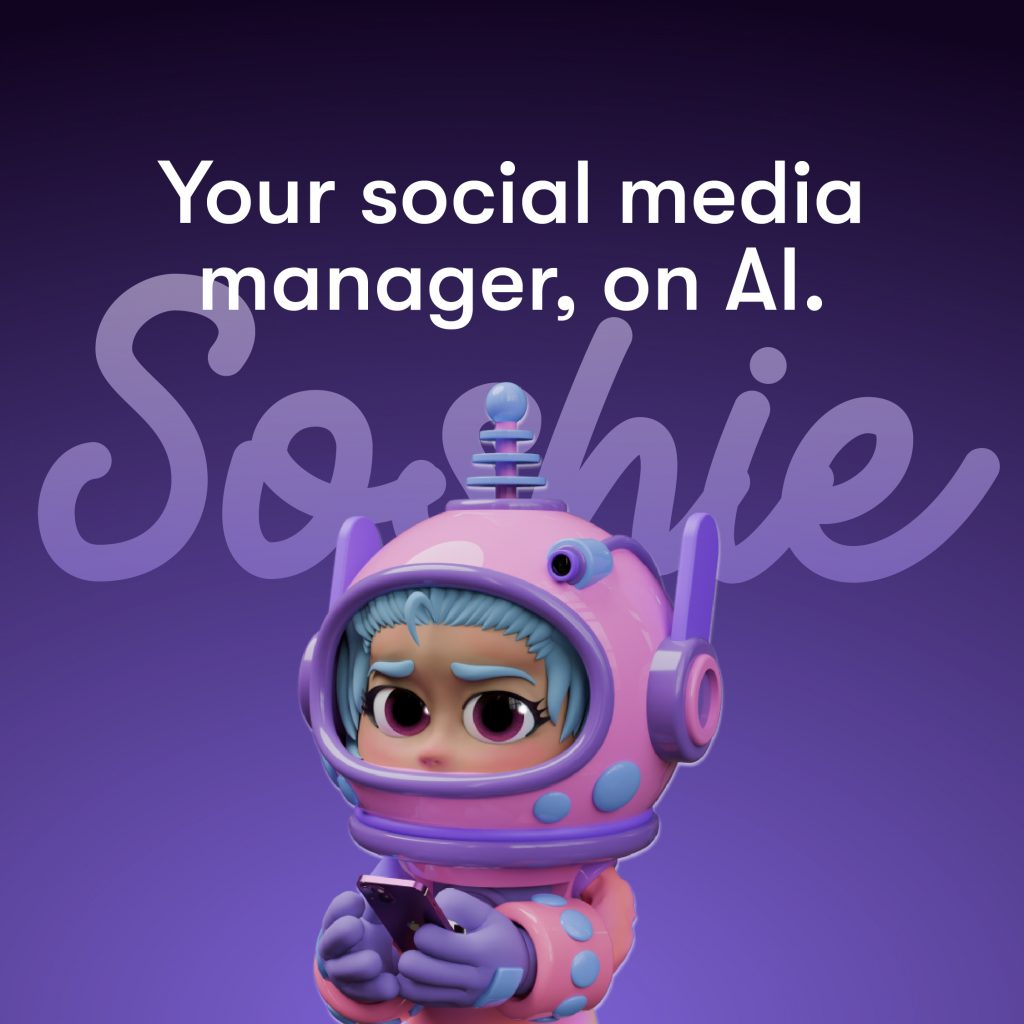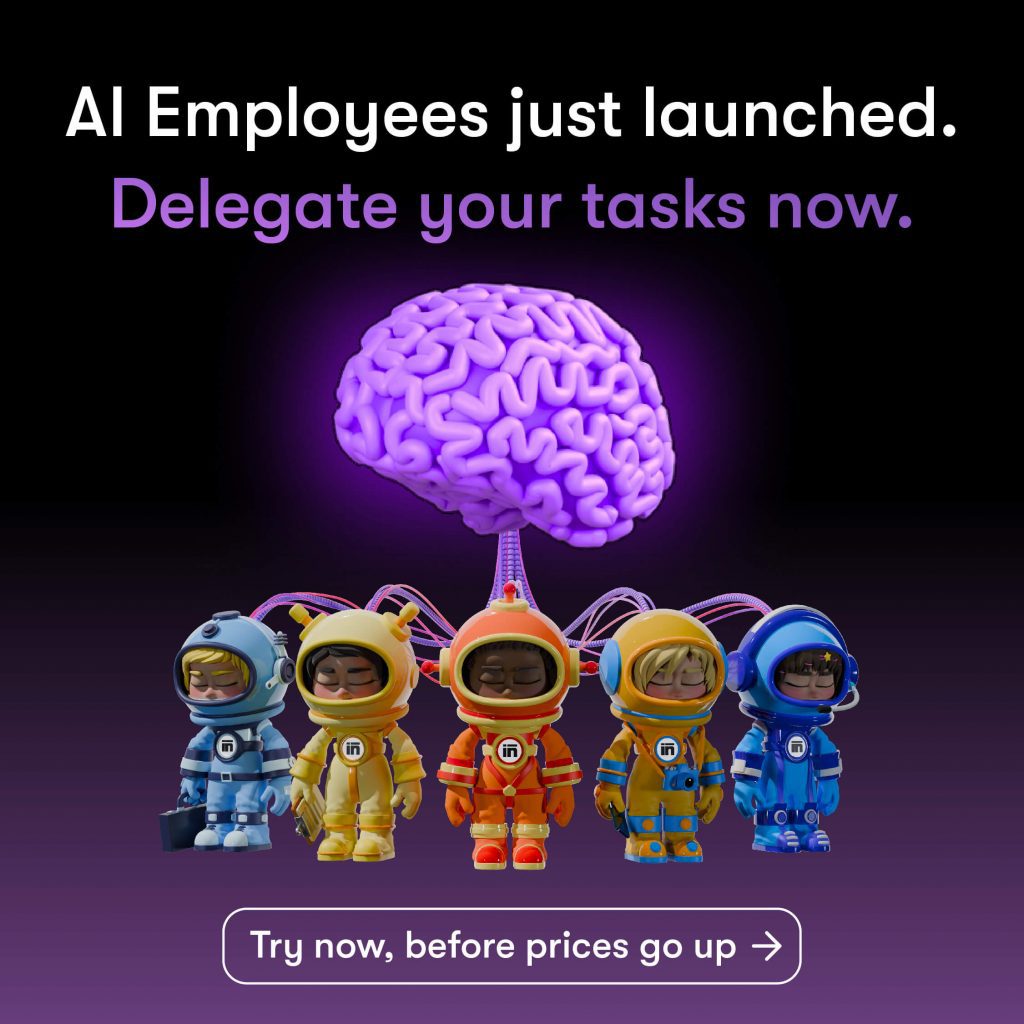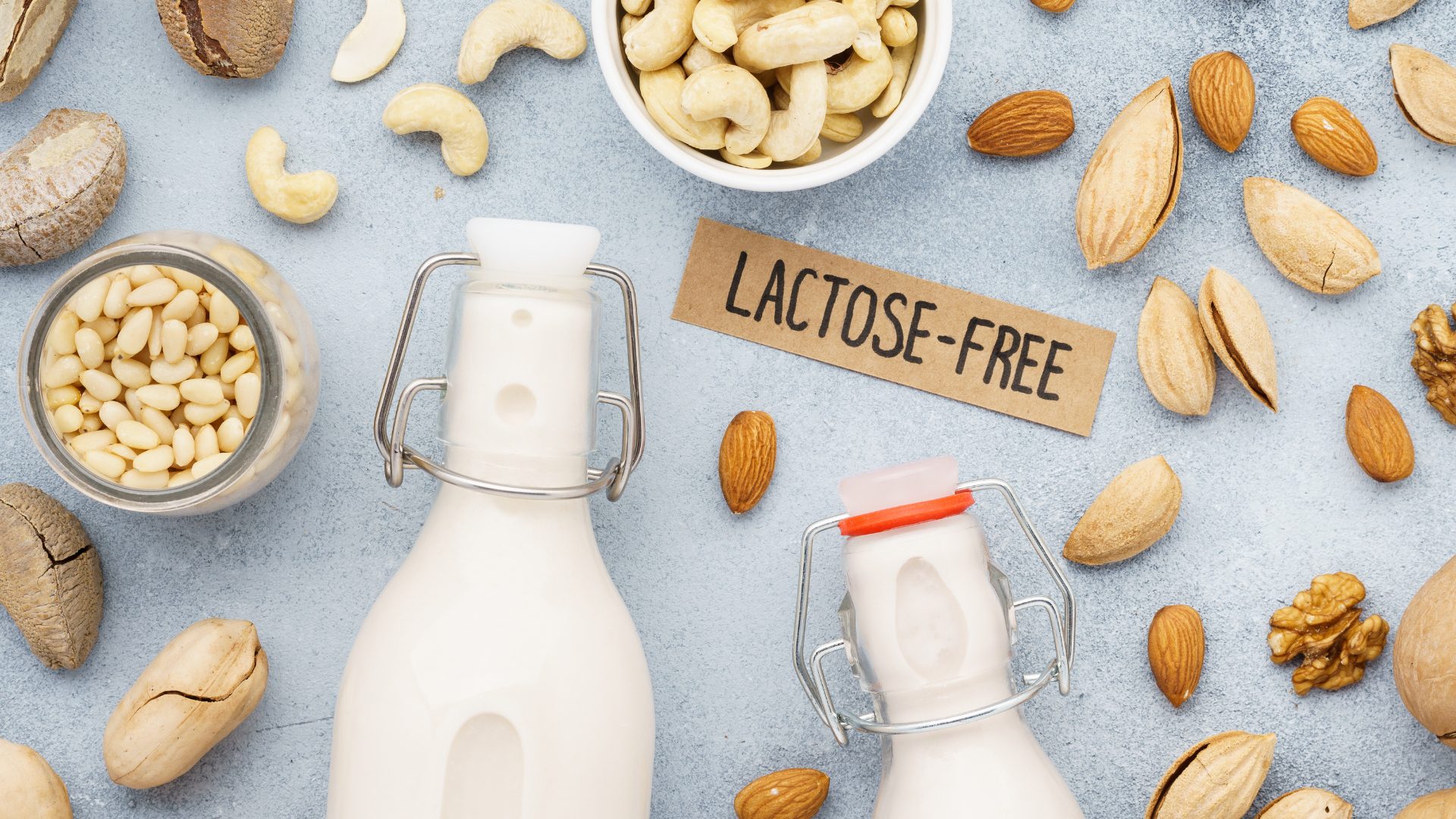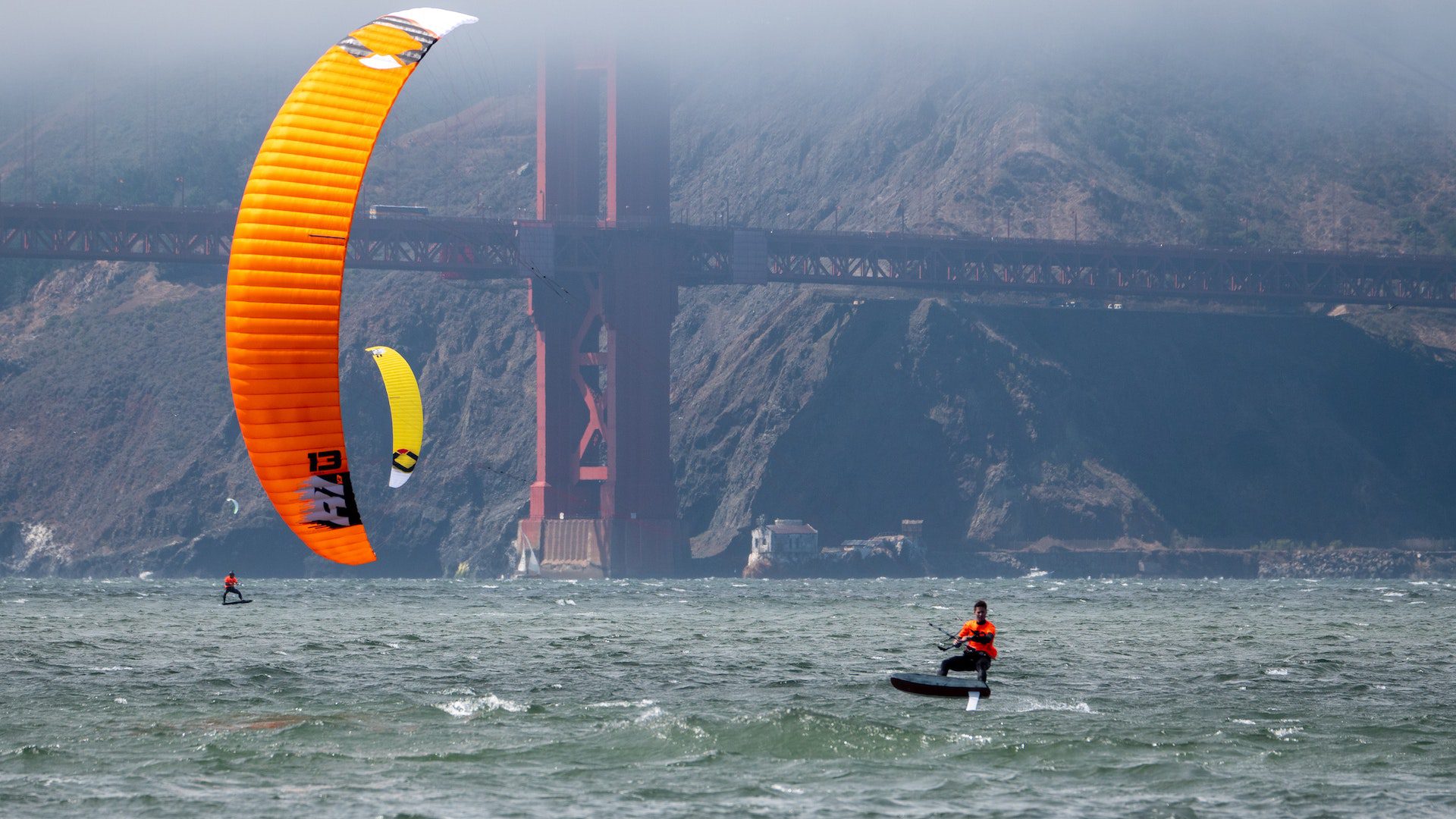There’s a strange kind of guilt that comes with slowing down. For years, the rhythm of work has been defined by motion — the idea that busyness equals productivity. Meetings, emails, multitasking, and that endless to-do list have become badges of honor. But what if true progress didn’t come from doing more, but from doing less — or even, at times, doing nothing at all?

It sounds counterintuitive, even rebellious. Yet the more we study how humans and businesses operate best, the clearer it becomes: rest, space, and focus aren’t the enemies of productivity — they’re its foundation. And in an era where artificial intelligence can take over the repetitive, time-consuming tasks that drain our energy, “doing nothing” might just become the smartest thing we can do.
The Myth of Constant Hustle
The modern work culture has long glorified the hustle. If someone isn’t constantly busy, they’re seen as falling behind. But constant motion doesn’t always mean meaningful progress. In fact, it often leads to exhaustion, creative burnout, and decisions made on autopilot.
Imagine if the mind had space to breathe — if creative teams, founders, and freelancers could finally focus on ideas instead of logistics. That’s where technology steps in, not as a replacement, but as a quiet partner. Sintra was built with this philosophy at its core — an ecosystem of AI “employees” designed to take over the mechanical parts of work, freeing humans to return to what they do best: thinking, imagining, and creating.
The goal isn’t to eliminate work. It’s to bring balance back to it.
Why Stillness Feeds Innovation
Think about where the best ideas often come from — in the shower, during a walk, or while staring out a window. Those moments of mental stillness allow the subconscious to connect dots that structured thinking can’t. Neuroscience backs this up: when the brain isn’t overloaded, it enters a state known as “default mode,” where creativity flourishes.
Yet most workplaces are designed to do the opposite — keeping the mind perpetually occupied. The beauty of intelligent systems like Sintra is that they help create room for those moments of stillness. By automating the routine — from managing workflows to handling operational tasks — they make it possible for the human mind to wander again. And that wandering, paradoxically, is where innovation is born.
Doing nothing, in this sense, isn’t lazy. It’s essential.
The Power of Delegation Without Disturbance
Delegation has always been a marker of strong leadership. But even great leaders hit limits — human assistants need breaks, teams get overwhelmed, and coordination takes time. What makes the new wave of AI collaboration so powerful is its constancy.

Sintra’s AI employees don’t need rest, motivation, or reminders. They work quietly in the background, ensuring that operations flow seamlessly even when human hands are off the keyboard. Imagine a marketer who wakes up to find campaign data already analyzed, or a founder who ends the day knowing the next morning’s tasks have been prepped automatically.
The feeling isn’t of losing control — it’s of gaining trust. And in that trust lies the freedom to pause.
Redefining What It Means to Be “Productive”
Productivity has traditionally been measured in visible activity — the more one does, the more valuable they seem. But value in the modern world isn’t just about output; it’s about insight, creativity, and emotional clarity. When repetitive work is handled by machines, humans can finally prioritize what truly matters — connection, strategy, and impact.
With Sintra, this redefinition becomes tangible. Teams are discovering that “doing nothing” can actually mean everything is getting done — because the invisible, tireless digital workforce is quietly keeping things on track. It’s a partnership between human intuition and machine precision, each amplifying the other’s strengths.
And in that partnership, the workday begins to look less like a grind and more like a rhythm — steady, balanced, and sustainable.
The Freedom to Breathe Again
Imagine a future where people can leave work on time without guilt, where weekends aren’t sacrificed to catch up on tasks, and where creativity no longer competes with exhaustion. That’s not just a dream — it’s the direction intelligent automation is taking us.
The science of doing nothing is really the science of trust — trusting that not every moment of the day needs to be filled, that silence can be productive, and that technology can work alongside us to create space for deeper, better thinking.
Sintra embodies that future — where businesses don’t just run faster, but smoother. Where progress doesn’t demand burnout, and where “nothing” is finally recognized for what it truly is: the fertile ground of everything that follows.
Last modified: November 10, 2025








